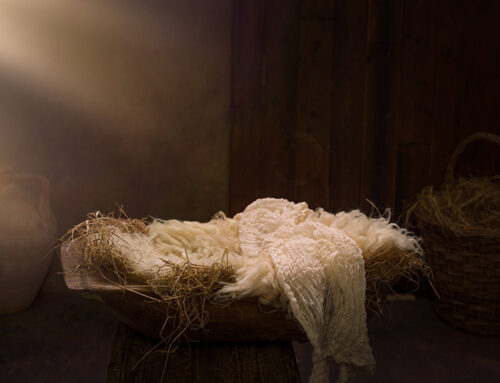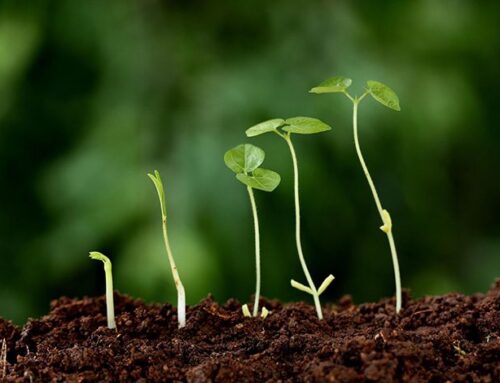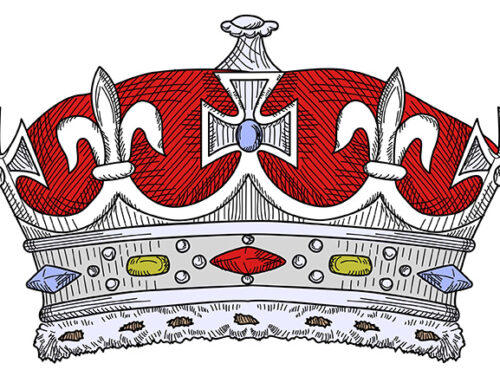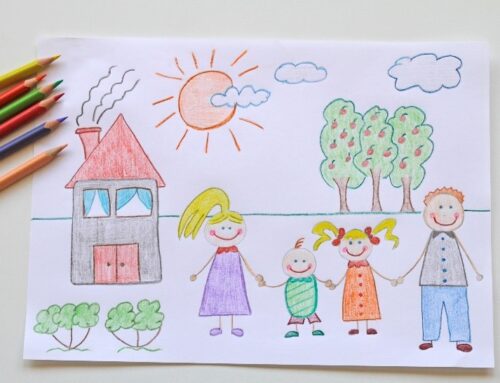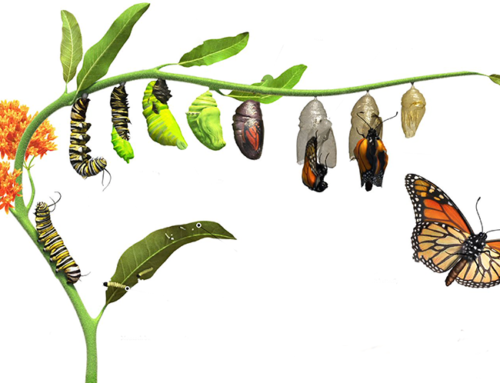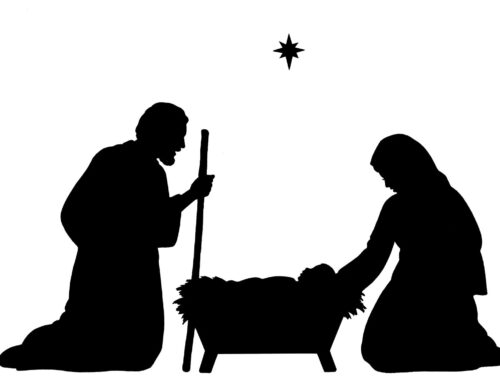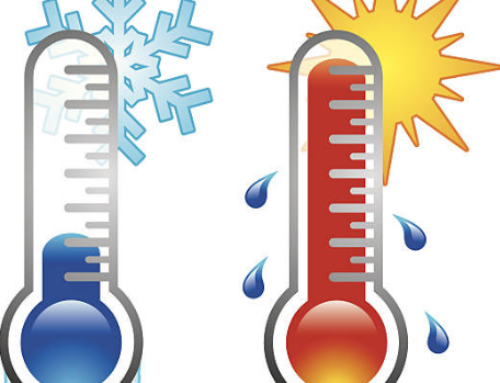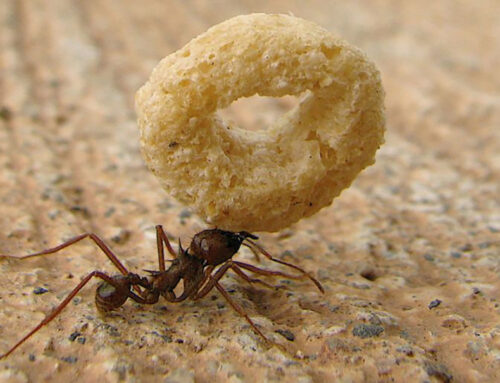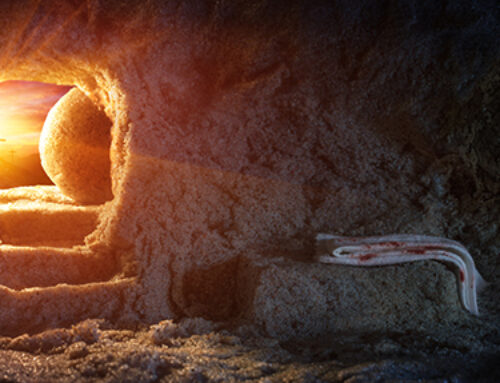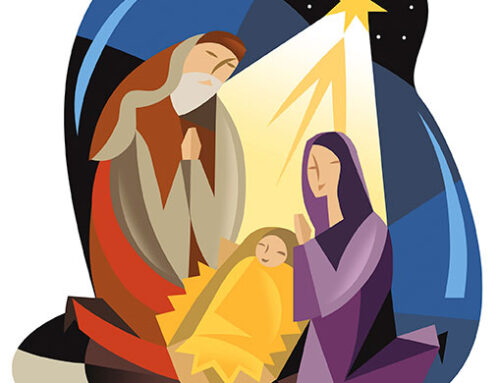
Men and women are radically different. Now that I have your attention with this profound observation, let me explain how they are different. When you ask men what a fruitful life looks like, they typically think of their accomplishments. How much have I made? What have I made? What have I fixed?
Women, on the other hand, tend to think of a fruitful life in terms of connectedness and relationships. I see this again and again in families. Who typically initiates family gatherings and ongoing contact with their children? Women. I read recently that the average child in North America is engaged in meaningful conversation with his or her parents for just ten minutes a week. Remove the mother from this statistic and the time would be reduced to mere seconds a week.
While things need to get done, I affirm women for how closely they reflect God’s definition of a fruitful life. Jesus describes a fruitful life in John 15:1-17. Would you please take some time to read this passage?
A Fruitful Life Can Be Yours When You Accept Your Grower
 Jesus says in John 15:1 that He is not just a vine, but the true vine. He declares He is the source of all nutrients we need to be eternally productive.
Jesus says in John 15:1 that He is not just a vine, but the true vine. He declares He is the source of all nutrients we need to be eternally productive.
The Father is the vinedresser or gardener. Let’s stop to look at the care, skill and attention with which he works. Jesus said, “He cuts off every branch in me that is not bearing fruit” (15:2). What does Jesus mean here? Theologians would debate this question; however, I think we should head to the bluntest meaning requiring the least interpretation and rationalization. Did Jesus intend to say the Father will “cut off” branches that bear no fruit? I think He did. And I don’t want anyone to experience this. Our Heavenly Father is deeply interested in productivity among His people—He will not settle for anything but.
Ironically, the branches that are already bearing fruit are targets of painful pruning. Pruning enables nutrients to flow and to be processed. The Bible’s message is clear—God loves us just the way we are; and He loves us enough to grow us beyond where we are.
Like the branch and the vine dwell in each other, so does the believer and Christ. Each time this union is spoken of, the word fruit is not far behind. As believers, we are dependent on Christ but may not know it. We may think we know it, but the way we live our lives often reveals strong streaks of independence. Therefore, Jesus instructs us to dwell in Him—recognizing and living out our dependent relationship.
A branch is essentially a receiver. It receives nutrients from the vine. Many of us tend to be doers, not receivers. Doers want to bear fruit. However, they need to receive the nutrients of Christ to bear fruit. The essence of fruit bearing is receiving, not doing. Most of us need to start being receivers, not doers. Jesus explains that our doing accomplishes nothing and bears no truefruit. The statement “apart from me you can do nothing” (15:5), refers to dependent fruit bearing. No fruit appears without receiving Christ and His nutrients.
We make choices every day to either abide in Christ or walk away from Him. First comes obedience; next fruitfulness; then joy. Dwelling in Christ includes receiving His words and His life-giving nutrients, then obeying Him. When this happens, Christ invites His disciples to ask for what ever they wish, promising it will be done for them. Our union with Christ conforms ourdesires to His desires. The nutrients flow into us—changing our desires into godly desires. He conforms our wishes to His godly wishes, then gives us the privilege of asking for those godly wishes to be granted.
The world looks for a successful life while our Father looks for a fruitful life. He is more interested in who we are and what we are becoming, than in what we have done.
Jesus is the initiator in this fruit-bearing enterprise. He chose and appointed us for the purpose of bearing fruit. Jesus does not choose and appoint without empowering.
The fruit is not ours to generate. The Father prunes while the Son pours His love into us, generating fruit. Also, the kind of fruit this union produces is lasting fruit. There is something in all of us that desires to make a difference—to leave behind a legacy with lasting impact.
Are you abiding in the true vine—Jesus Christ? Are you cooperating with the gardener —your Heavenly Father?
A Fruitful Life Can Be Yours When You Accept Your Greenhouse
 The way Jesus defines lasting fruit is significant. The gardener is not working for plants that appear productive with a lot of wood and shiny leaves. He is looking for fruit. Fruit involves loving one another. Jesus doesn’t talk of growth and fruit apart from relationships with other people.
The way Jesus defines lasting fruit is significant. The gardener is not working for plants that appear productive with a lot of wood and shiny leaves. He is looking for fruit. Fruit involves loving one another. Jesus doesn’t talk of growth and fruit apart from relationships with other people.
The Apostle Paul elaborates on this fruit in Galatians 5:22-23a.
“But the fruit of the Spirit is love, joy, peace, patience, kindness, goodness, faithfulness, gentleness and self-control.” —NIV
If we don’t interact with others, then we won’t have an opportunity to cultivate and display the fruit of the Spirit. The Bible consistently writes of faith in the context of community. We are called not only to relationship with the Lord but to relationships with one another. Are you leaning into, or running from community?
A pessimistic recluse was advised by his fortune cookie, “Make new friends and see what happens.” He went out and made three new friends, but nothing happened. Now he complains that he’s stuck with three new friends.
If we want to make a difference, leave behind a legacy of impact, or aspire to some sort of greatness, what should we do? It’s quite simple—love someone. We don’t have to build a building, write a masterpiece, or even start a family. Love makes a difference. Love lasts. Love is greatness. How are your relationships? Is it time for a fruitfulness check? The Lord is keenly interested in our fruitfulness.

Allan Pole
CESLM President
al@eslcooperative.ca











